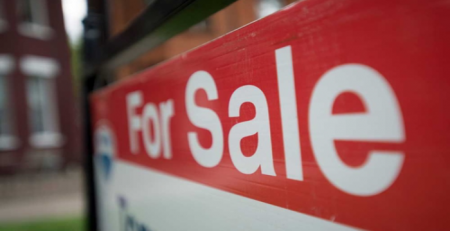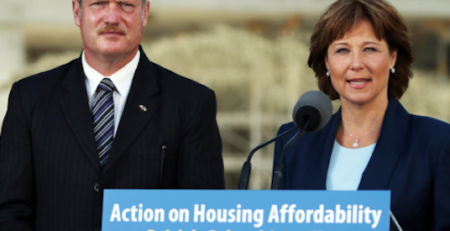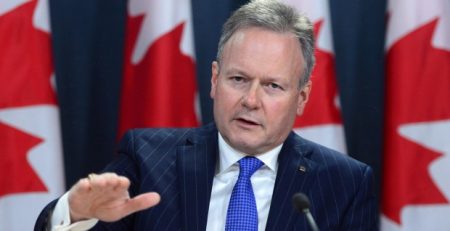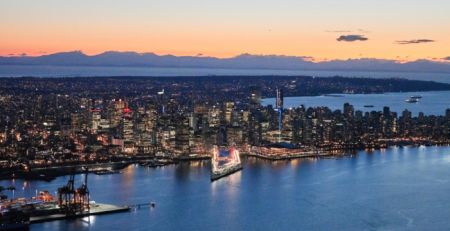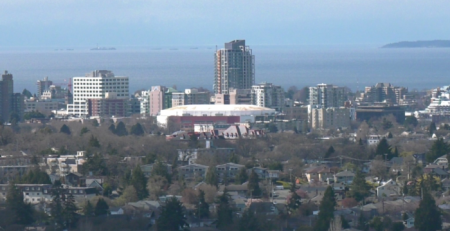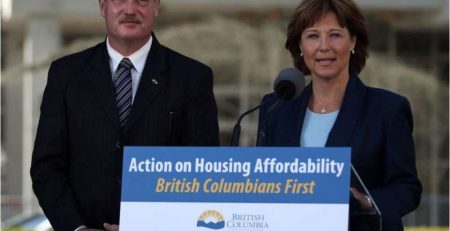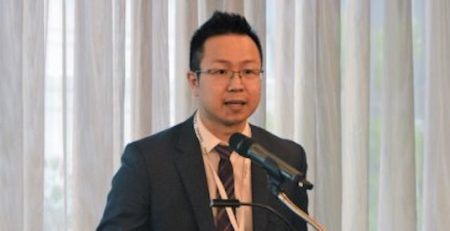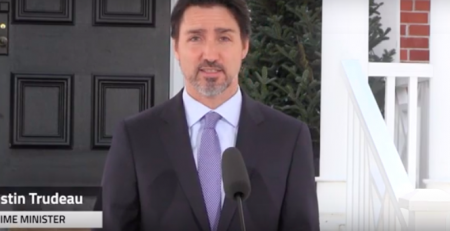16 things that really affect you announced in today’s BC Budget 2018
[Source: DailyHive, February 20, 2018]
Earlier today, British Columbia’s New Democratic Party (BC NDP) delivered its first provincial budget for the first time in about two decades.
The ambitious budget prepared by BC Minister of Finance Carole James focuses on housing affordability, childcare, and increasing provided services.
She forecasts consecutive balanced budgets, with annual surpluses of $219 million for 2018-19, $281 million for 2019-20, and $284 million for 2020-21.
However, total provincial debt will rise by $11.8 billion to $77.1 billion by 2020-21 to support major infrastructure spending.
“Previous budgets have emphasized fiscal balance. But they didn’t balance this fiscal prudence with British Columbia’s priorities,” James said during this afternoon’s budget speech.
Strong economic growth is expected to continue in BC, which will support the budget’s investments, James said.
“We are economic leaders in Canada. But we can’t consider ourselves leaders if we are not sharing the prosperity of our province with the British Columbians who helped build it,” she continued.
Here are the top highlights in the BC Budget 2018:
1. Foreign buyers tax increased
To further discourage foreign investment from escalating real estate prices, the foreign buyers tax first introduced by the previous provincial government in summer 2016 will be hiked from 15% to 20% beginning tomorrow, Wednesday, February 21, 2018.
The tax currently only covers Metro Vancouver, but it will now expand to other major urban areas in BC, including the Fraser Valley, Greater Victoria, Nanaimo, and Central Okanagan Region. This extension prevents speculation from expanding to other communities outside of Metro Vancouver.
2. New speculation tax
As another measure to tackle housing affordability, beginning in the 2018 tax year, the provincial government will enforce a new annual speculation tax on residential real estate targeted at foreign and domestic homeowners who do not pay income tax in BC. This also includes individuals who leave their homes vacant.
The tax rate begins at 0.5% of taxable accessed value for 2018 and rises to 2% starting in 2019.
3. 114,000 affordable housing units
Over $6.5 billion will be spent on building 114,000 units of affordable housing, including mixed-income housing, social housing, indigenous housing, and supportive housing for women and children fleeing abusive relationships. This allocation also consists of 19,000 units of rental housing for the middle class and skilled workers.
HousingHub, a new division of BC Housing, will oversee the delivery of these units.
4. 5,000 units of student housing
A total of $450 million has been allocated towards funding the construction of social housing at the campuses of post-secondary institutions. At least 5,000 beds will be built to help reduce the pressure students create on the rental housing market.
5. Housing loopholes closed
In addition to new taxes and the creation of new supply, the provincial government will close several housing loopholes, including contract assignments in the condo pre-sale market, hidden property ownership, and property tax treatment of large residential properties on the Agricultural Land Reserve.
6. Big new subsidies to childcare
The provincial government will significantly expand its childcare benefit, with up to 86,000 families in BC receiving up to $1,250 per month in benefits beginning this September.
As well, beginning on April 1, parents with children in licensed care can receive between $60 and $350 per month per space in fee reductions based on their income level, family size, number of children, and the age of children.
Overall, the $1-billion childcare plan over three years includes funding for the creation of 22,000 new childcare spaces.
7. Elimination of MSP Premiums
MSP Premiums will be a thing of the past beginning on January 1, 2020, saving an individual up to $900 per year.
However, to recover the revenues from the cancellation, the provincial government will implement a new 1.95% Employer Health Tax. The amount a business pays is scaled on their total payroll, with businesses with a smaller payroll paying less and businesses with a larger payroll paying more.
8. PST increased for luxury vehicles
The provincial sales tax (PST) for luxury vehicles with a purchase price between $125,000 and $150,000 has been increased from 10% to 15%. For vehicles with a price of over $150,000, the PST has risen from 10% to 20%.
9. New and upgraded health facilities
A budget of $3.1 billion over three years has been allocated towards the construction of major projects that will expand and upgrade hospitals and other medical facilities.
For the Metro Vancouver region, this includes a renewal of Vancouver General Hospital’s Operating Room with 16 new universally-sized operating rooms, a 40-bed perioperative care unit, and other facility upgrades. Construction is expected to begin in early-2019 for a completion in 2021.
There is no mention of any funding for a new acute care tower at Richmond Hospital.
10. Expanded healthcare service
Healthcare operational spending will rise by $1.5 billion, with $548 million for improved care for seniors, $150 million to connect those who do not have a family doctor with team-based primary care, and over $800 million for additional funding to maintain the quality of health services.
11. 3,700 more teachers
There will be a $409-million increase to the school budget for Kindergarten to Grade 12, such as $72 million to increase the number of new teachers to over 3,700 and $207 million for enrolment growth in public schools.
12. Acceleration of school upgrades
The provincial government will accelerate seismic and capacity upgrades at schools across BC with a $2-billion investment over three years.
13. BC Ferries fare freeze and reductions
To make BC Ferries’ more affordable for essential transportation, the provincial government will freeze the fares on the three major coastal routes: Swartz Bay-Tsawwassen, Duke Point-Tsawwassen, and Horseshoe Bay-Departure Bay. This means the planned fare increase on April 1, 2018 has been cancelled.
As well, there will be a 15% fare reduction on non-major routes and a restoration of the 100% seniors’ discount on passenger fares from Monday to Thursday.
14. Public transit funding for Metro Vancouver
During last year’s provincial election campaign, the BC NDP vowed to provide $2.2 billion to cover 40% of the cost of the Mayors’ Council’s Phase Two transit expansion plan, which includes the underground SkyTrain extension of the Millennium Line to Arbutus and Surrey’s new light rail transit lines.
The provincial government has a $1.179-billion “Transit Infrastructure” line item over the next three years, but there are no set allocations for specific projects.
However, the budget does not allocate specific significant funding towards these projects. Only the Pattullo Bridge replacement, which was announced as a provincial project last week, is included.
During a closed pre-budget question and answer period with media, James noted there is plenty of “flexibility” for the inclusion of these projects in future announcements.
Funding for the George Massey Tunnel replacement was noticeably absent from the budget.
15. More wildfire mitigation initiatives
The devastating wildfires of the 2017-18 season cost the provincial government more than $870 million.
In response, an additional $72 million has been set aside in the budget for wildfire recovery and resiliency activities to ensure BC remains proactive against the growing threat.
16. 1,900 new campsites
Due to the surge in interest in BC’s outdoors over recent years, the provincial government will spend $5 million over the next three years to increase the BC Parks budget to maintain 1,900 new campsites. It will also hire 20 additional Conservation Officers at a cost of $9 million to reduce human-wildlife contact.


